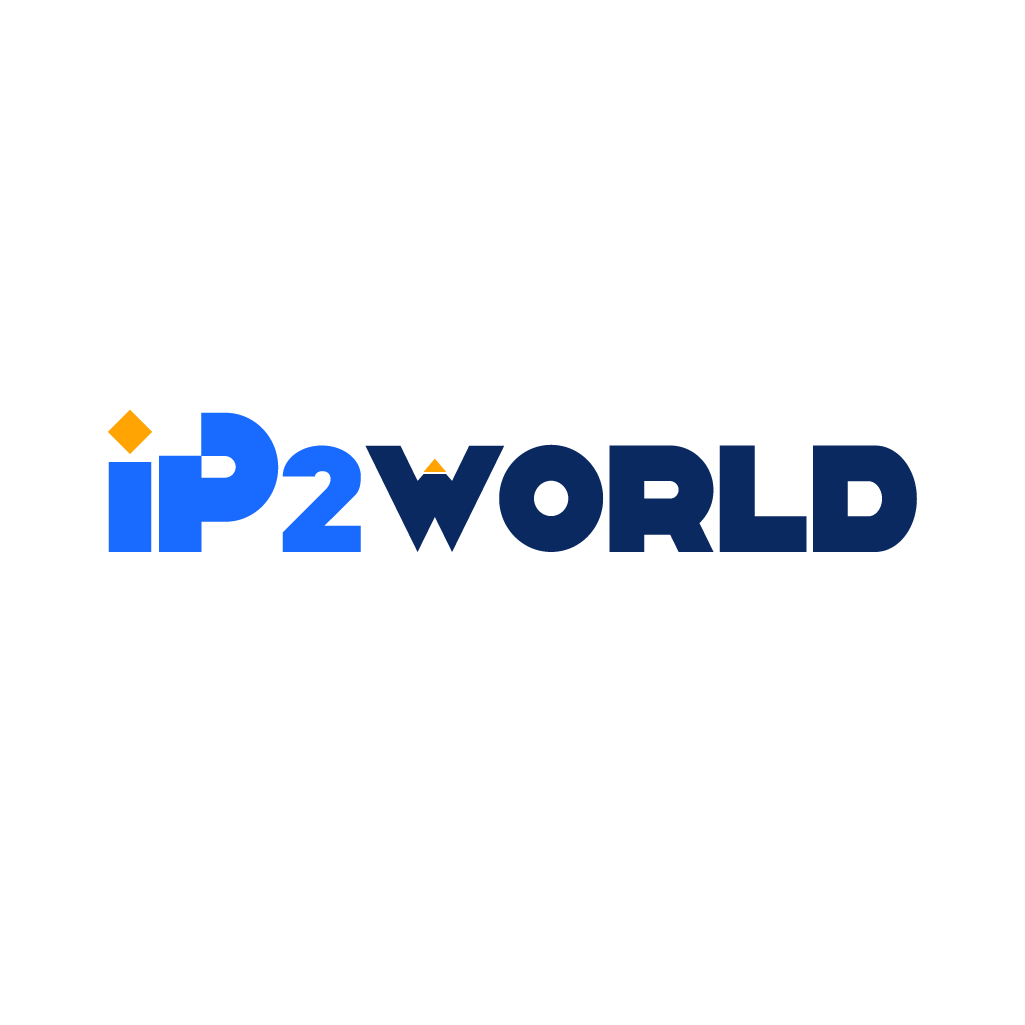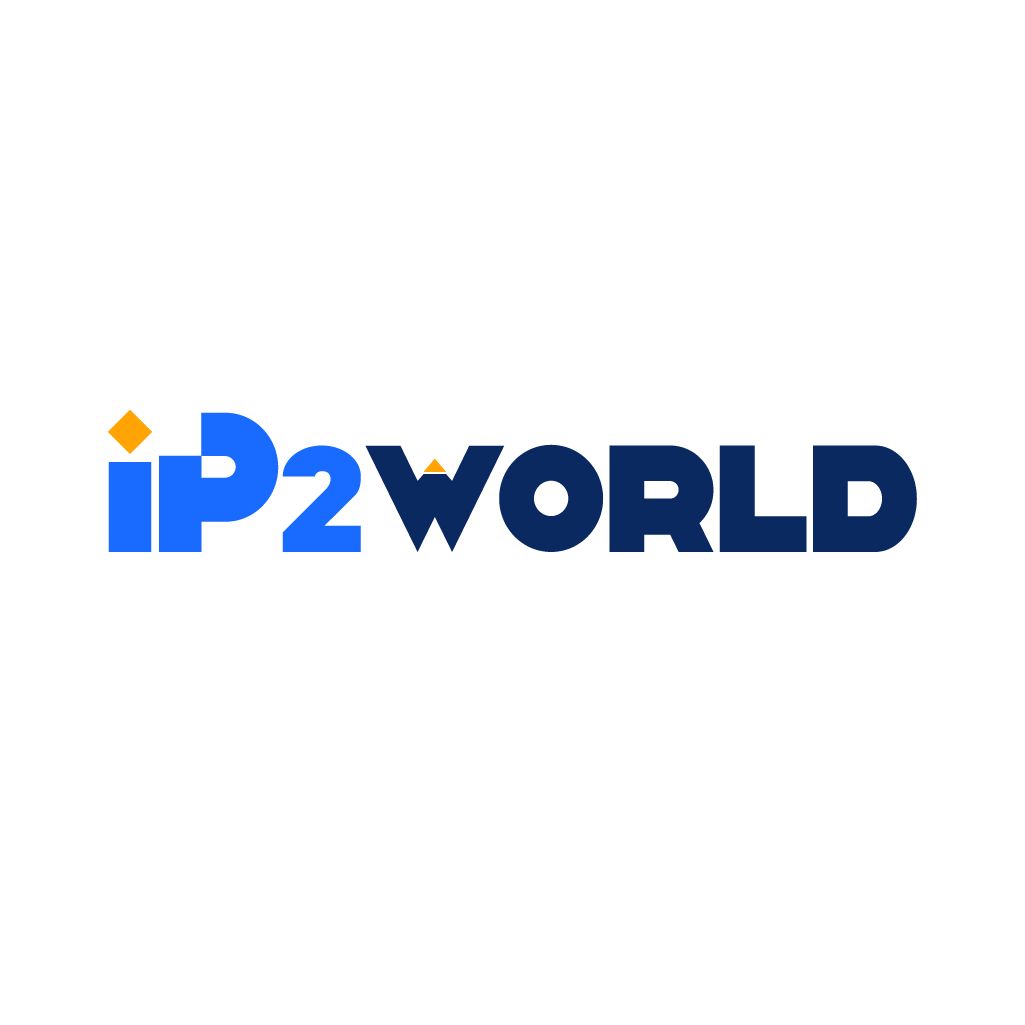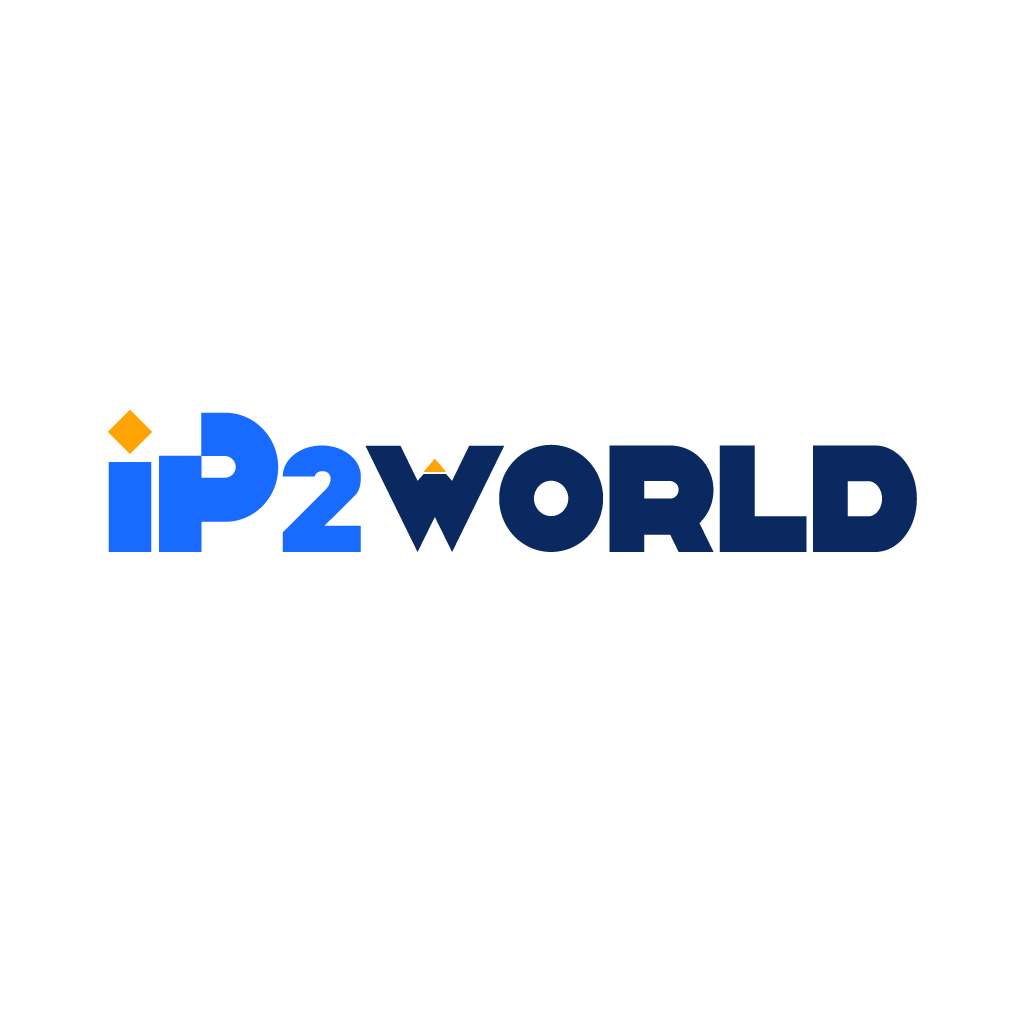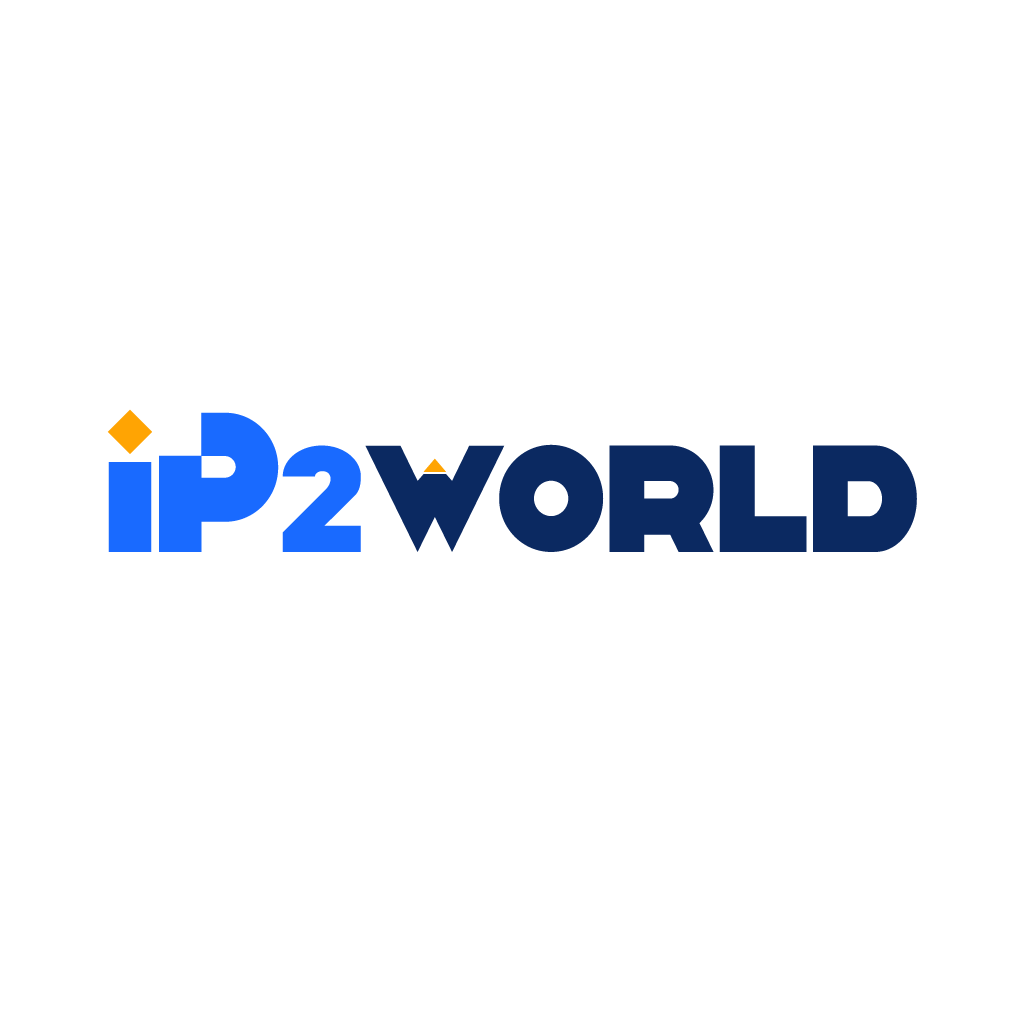The Importance of Marketing Channel OptimizationIn the age of digital abundance, choosing the right marketing channels is not just a matter of preference; it's a necessity for business survival. Whether you operate in a B2B (Business-to-Business) or B2C (Business-to-Consumer) space, optimizing your marketing channels can significantly boost your ROI and enhance customer engagement. This article serves as a comprehensive guide, diving deep into the ideal marketing channels for both B2B and B2C businesses, their distinct nuances, and tips for optimization. B2B Marketing ChannelsLinkedIn and Industry ForumsWhen it comes to B2B marketing, LinkedIn is the powerhouse. The platform not only offers a professional atmosphere but also provides granular targeting options to reach decision-makers in specific industries. Industry forums also serve as fertile ground for building authority and trust. The idea is to engage, not sell. Provide valuable insights and solutions to problems, and you become the go-to source in your industry. WebinarsWebinars have proven to be a highly effective channel for B2B marketing. They offer an opportunity to demonstrate thought leadership, elaborate on industry trends, and provide useful information. A well-organized webinar can convert potential leads into qualified ones, ready for the next stage in the sales funnel. Email and Content OffersCold calling is old news; targeted email marketing is where the real game is. Content offers like e-books, whitepapers, or case studies can be effectively used as lead magnets. Segment your email lists based on customer personas, and tailor content that speaks to each group's unique needs. Paid Search (Long Tail)In B2B, the focus often shifts toward long-tail keywords that are more specific and less competitive. They might have lower search volumes, but the conversion rates are generally higher, given that they are often used by buyers who are further along in the decision-making process. B2C Marketing ChannelsSocial MediaSocial media is the playground for B2C businesses. Whether it's Facebook, Instagram, or Twitter, these platforms offer an unprecedented level of access to consumers. While organic reach is essential, paid social media campaigns can boost brand visibility and encourage quick conversions. YouTubeFor B2C, YouTube is a treasure trove of opportunities. The platform not only serves as a channel for promotional videos but also allows for influencer partnerships and video ads. This visual medium can strongly resonate with consumers, making it a robust channel for marketing. Display and RetargetingB2C marketing excels in capturing impulse buys, and that’s where display and retargeting ads come into play. These are the ads that follow you around the internet after you've visited a particular website. They keep the product or service in the customer's mind, nudging them closer to the purchase. Paid Search (Broad)Unlike B2B, B2C paid search strategies often employ broader keywords to capture a wider audience. These campaigns are generally less about educating the consumer and more about making a quick, persuasive argument for a sale. Channel Selection ConsiderationsChoosing the right mix of channels is a delicate balancing act. For B2B, this might mean a heavier reliance on LinkedIn and email marketing, whereas B2C might lean more on social media and display ads. Always align your channel selection with your buyer’s journey to achieve better results. Optimizing Channel ContentThe content style will naturally differ between B2B and B2C channels. While B2B content tends to be more informational and professional, B2C content is usually casual and aims to evoke emotion. Regardless of the channel, always A/B test your strategies to see what resonates with your target audience. Additional InsightsWhen it comes to measuring the success of your channels, analytics are your best friend. Use key performance indicators (KPIs) that align with your business objectives. Also, always stay abreast of emerging trends. Platforms like TikTok are increasingly becoming significant players in the marketing world. Conclusion: Recap of B2B vs B2C Channel Best PracticesMarketing in a B2B or B2C environment requires a tailored approach to channel optimization. B2B tends to require a more rational, long-term approach, focusing on LinkedIn, webinars, and long-tail search strategies. On the other hand, B2C is generally more impulsive, leveraging social media, YouTube, and broad paid search strategies. By understanding these nuances, marketers can tailor their strategies for maximum impact and ROI.
2023-10-24




